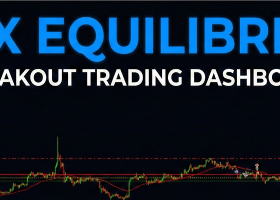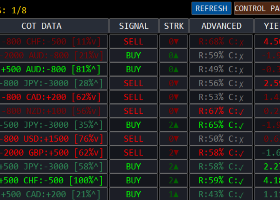
Winds seem to be turning for the single currency after benefitting from stoic trade activities during the holiday season. Yet rising
Middle East geopolitical tensions combined with poor economic data in Germany are weighing on the single currency despite a slight rebound
in consumer prices. There is therefore little hope to consider a rise in EUR for now as sustaining uncertainties caused by rising
geopolitical tensions should have a negative impact on economic activity in the region amid Germany’s lagging industrial sector.
Despite improving headline inflation in the Eurozone ticking at 1.30% (prior: 1%) in December, largely supported by energy prices and
likely to progress if the US – Iran conflict escalates, the core metric that excludes both food and energy has remained flat at 1.40% during
the same period, largely below the ECB target of 2%. Furthermore, the latest release of German factory orders falling unexpectedly in
year-on-year and month-on-month terms to -6.50% (prior: -5.60%) and -1.30% (prior: 0.20%) respectively in November do not support the
rating, although industrial production is expected to stabilize in the coming months in the country, circumstances permitting. On the
same line, European Commission President Ursula von der Leyen, who succeeded Jean-Claude Juncker, is expected to attempt her first
meeting with British Prime Minister Boris Johnson amid a final divorce deal due for 31 December 2020. In the meantime, the Withdrawal
Agreement, currently under review by UK MPs, should pass through final stage to the Lords by Thursday, largely before a 31 January 2020
deadline while doubts arise as to the ability of both parties to conclude the agreement in time.
By Vincent Mivelaz


